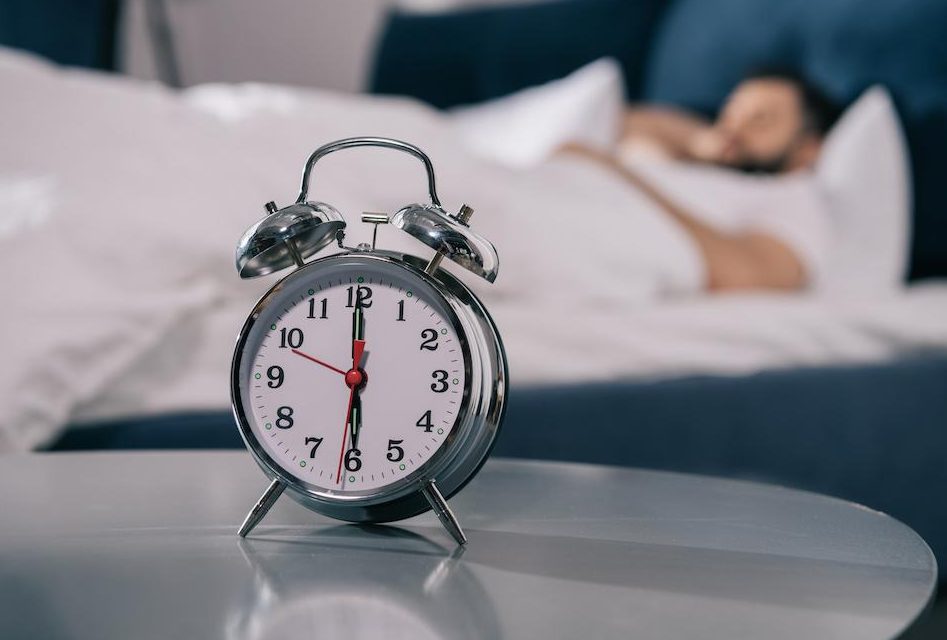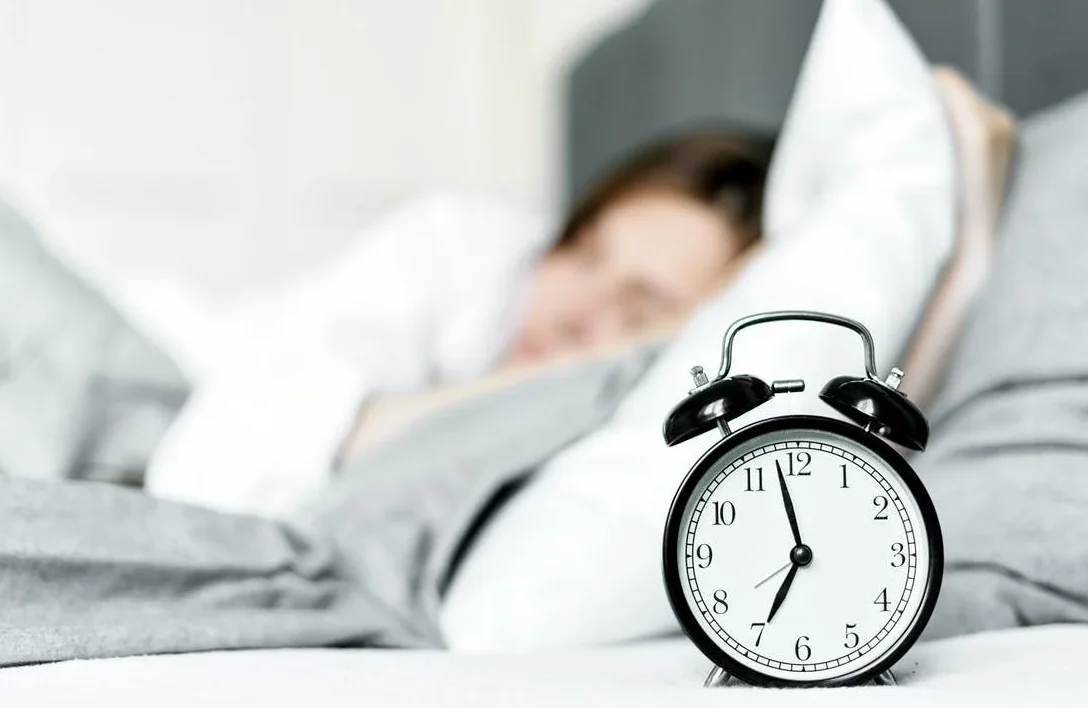You’re not meant to toss and turn every night. Follow simple tips for better sleep, from setting a sleep schedule to incorporating physical activity into your routine.
Many factors can affect a good night’s sleep — from work stress and family responsibilities to illness. No wonder a good night’s sleep can sometimes be elusive.
Factors that affect your sleep may not be within your control. However, you can develop habits that promote better sleep. Start with these simple tips.
Stick to a sleep schedule
Plan to sleep no more than eight hours. The recommended sleep duration for healthy adults is at least 7 hours. Most people don’t need more than eight hours of bed rest.

Go to bed at the same time every day and wake up at the same time on weekends. Consistency strengthens the body’s sleep-wake cycle.
If you don’t fall asleep within 20 minutes of bedtime, get out of your bedroom and do something relaxing. Read or listen to soothing music. Go back to sleep when you are tired. Repeat as needed, but continue to stick to your sleep schedule and wake-up time.
Watch your diet
Don’t go to bed hungry or full. In particular, avoid eating large or heavy meals in the hours before bedtime. Physical discomfort can keep you awake.
Nicotine, caffeine, and alcohol also warrant caution. The stimulating effects of nicotine and caffeine wear off after a few hours and can interfere with sleep. Although alcohol can make you drowsy at first, it can interfere with sleep later in life.
Create a peaceful environment
Keep the room cool, dark and quiet. Exposure to light at night can make it difficult to fall asleep. Avoid prolonged use of light-emitting screens before bed. Consider room-darkening blinds, earplugs, fans, or other devices to create an environment that suits your needs.

Soothing activities before bed, such as taking a bath or using relaxation techniques, can promote better sleep.
Limit naps during the day
Long daytime naps can interfere with nighttime sleep. Limit naps to an hour or less, and avoid going to bed too late in the day.
However, if you work at night, you may need to take a nap later in the day before work to make up for your lack of sleep.
Incorporate physical activity into your routine
Regular physical activity can promote better sleep. However, avoid moving around bedtime.

Spending time outside every day can also be helpful.
Solve your worries
Try addressing your worries or concerns before bed. Write down your thoughts and put them aside for tomorrow.
Stress management may help. Start with the basics of how to organize, prioritize, and delegate tasks. Meditation can also relieve anxiety.
Know when to contact your doctor
Almost everyone has occasional sleepless nights. However, if you experience frequent insomnia, please consult your doctor. Identifying and treating the underlying cause can help you get the better sleep you deserve.
